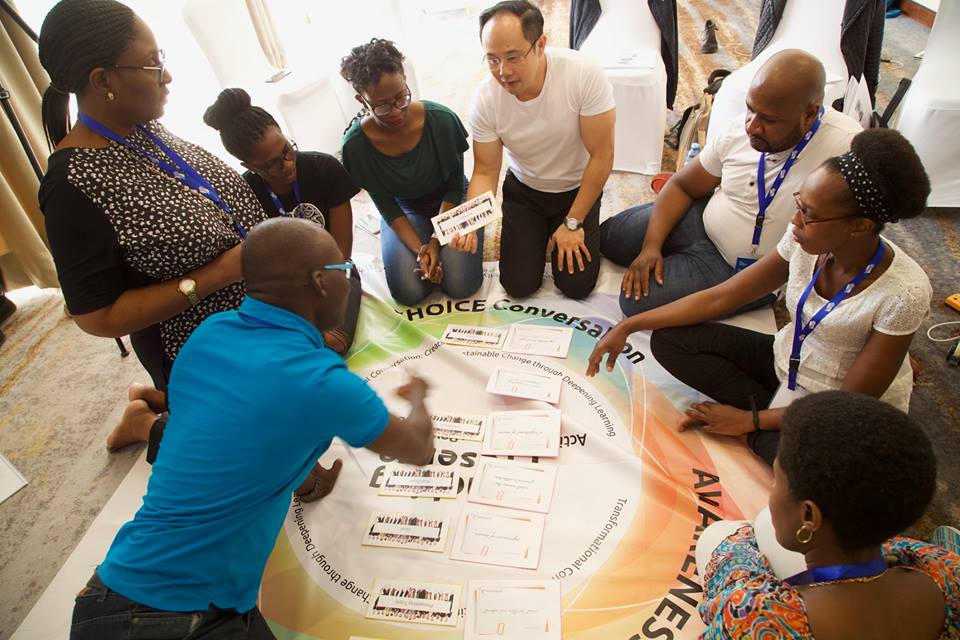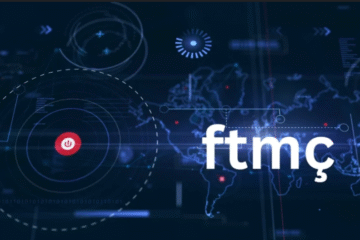As the name indicates, professional development is an evolving process full of various changes. The International Coaching Federation (ICF) certification acts as a badge of proficiency and excellence in coaching in this lively professional development setting. The reason people sign up for ICF coaching certification is because both starting and experienced coaches need to improve and, thereby, thrust training leaders and personal development forward. In the Certification adamant of ICF is a specific group of coaching methods, which additionally to coaching efficiency subside into the post transformational leadership issues. This blog will explain the main coaching techniques and show how they make sense in ICF coaching certification.
Understanding ICF Coaching Certification
Moving on from the fine point to the more common reflection of core techniques, the first thing to be clarified is the meaning of the ICF certification. The ICF, which has world-renowned recognition, set rules for professional coaching and offers certifications at different levels (ACC, PCC, MCC), according to the experience and expertise of the coach. Its membership requires the coaches to follow moral directives and use proper coaching protocols; because of the above, ICF training in leadership has both short-term and long-term benefits.
Core Coaching Techniques Taught in ICF Certification Programs
1. Active Listening:
The base skill to achieve the desired effect in coaching is active listening. Not only do coaches who get trained under ICF certification learn how to listen to words but also to feelings, temperament, and silent signs. This particular strategy helps not only at the level of coaching but also facilitates deeper understanding and empathy, necessary building blocks of trust without which successful communication would be impossible, thus not only vital in the communication and interpersonal skills of a leader which are the core of leadership training but imperative in all communication contexts.
2. Powerful Questioning:
The skill of effective questioning is what distinguishes ICF coaching methods for clients to develop their problem-solving and critical-thinking skills. Coaches learn to ask questions that present clients with ideas to ponder which leads to them gaining greater self-awareness, and empowerment and developing important self-sense. Through powerful questioning, coaches help individuals delve into their thoughts, set significant objectives, and deal with issues necessary for leaders in training and developing hypotheses for critical thinking and strategic decision-making.
3. Goal Setting and Action Planning:
The focus of ICF-taught strategies here is centered on setting SMART goals. A good approach that makes it possible to turn the client’s vision into the desired outcomes involves asking questions that will show the connection of the results to the goals, and give them insight, and action steps in the process. In leadership training, goal setting aims to foster shared responsibility for performance by creating a congruence between individual and organizational goals and a climate of achievement.
4. Feedback and Feedforward:
Feedback is primarily the way of personal and professional progress. ICF instructional leaders develop the ability to communicate and manage conflict, empathy, and the importance of seeking truth through (negative) feedback as well as the opportunity to improve or learn something. In addition, the use of feedforward, which means offering suggestions for future improvement, is an inherent part of training, as it develops materialization and leadership effectiveness.
5. Visualization and Imagery:
Visualization is the impression and feeling the clients are given but ICF programs offer clients to make their vision of the goals or the wanted changes to survive in their minds subsequently. Coaches are working with their clients by developing a realistic mental image of the conditions of success which can be motivating and supportive—qualities essential for managers who find themselves struggling through difficult times.
6. Accountability and Progress Monitoring:
ICF coaching is a coaching model that places a great deal of importance when it comes to accountability due to coaches supporting clients to being 100% committed to their goals and every day consistently after consistent actions. Through organized progress reviews, coaches help clients stay on track by re-evaluating course corrections, and reward achievements—toppling staff turnover and other obstacles that often devour principal power.
Integration into Leadership Training
These types of coaching practices, when included in a personal development, coaching culture, or, for that matter, executive programs, are the most beneficial to an organization. Leaders, who are ICF-certified life coaches, have the power to inspire, bond, and unite teams, as well as start organizational growth. They tune themselves to the team dynamics through active listening; challenge employees to think out of the box by asking them the right questions and bring the dimension of goal setting to connect the team objectives to the strategic priorities. Furthermore, feedback mechanisms improve the leadership capability of these people by enabling them to learn continually and adapt to new situations, which, according to the case, is very important in the business environment.
Conclusion
Summing up, the principles of coaching are central to leadership training as well as professional development programs like those offered by the International Coach Federation. Active listening, powerful questioning, goal setting, feedback/feedforward, visualization, and accountability are not only the tools of the trade, but transformative practices that enable coaches and leaders to grow. Coaching has gradually become an important aspect of human resources, and organizations using the services of ICF-certified professionals are the driving forces in change. By mastering these techniques, coaches, and leaders can construct a radical change that will begin a recovery journey, a process of resilience, to release the real potential of the teams in the organizations in this age of galloping change.
The ICF coaching certification is primarily used in two ways: for its official entitlement with the proficiency, the coach has in the area and for the communication of commitment to ethical and continuous improvement—an exceptional leadership that is characteristic of the 21st century.
The creation of an environment where the application of these techniques enhances almost all members’ ideas and actions is what the coaches, leaders, and workers do who work in such an organization.
Stay in touch to get more updates & news on hourlyfashion!





